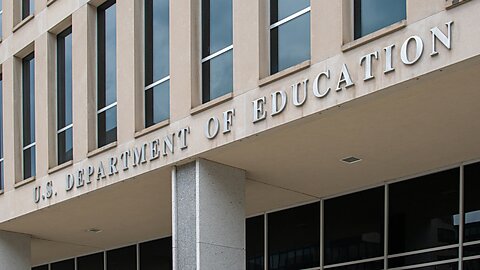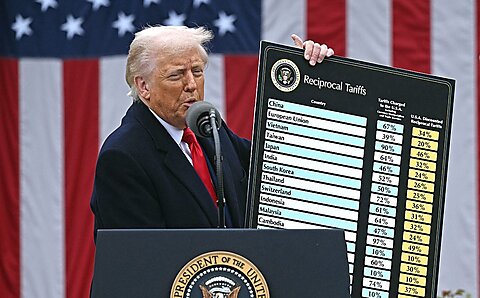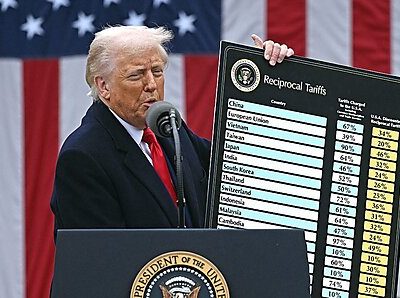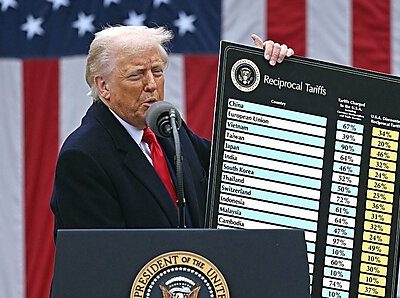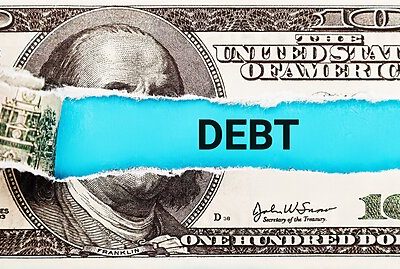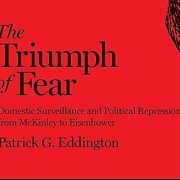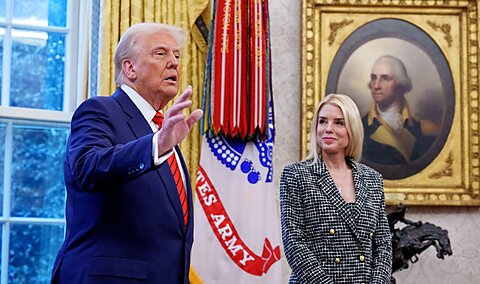
President Donald Trump has singled out several of the nation’s largest law firms for serious, potentially business-ending sanctions by executive fiat, citing the firms’ past representation of his political opponents and their lawsuits against the United States. These sanctions include the loss of access to federal facilities and federal employees, the en masse suspension of security clearances for the firm’s lawyers, and an implicit blacklist on the firm’s business with federal contractors. The president’s actions violate fundamental First Amendment freedoms and other constitutional protections.
If allowed to stand, these pressure tactics will have broad and lasting impacts on Americans’ ability to retain legal counsel in important matters, to arrange their business and personal affairs as they like, and to speak their minds. The rights to free speech and legal counsel transcend political ideology and partisan politics. That is why Cato has joined a broad coalition, led by the ACLU, to file an amicus brief supporting the law firm Perkins Coie as it defends itself against an unconstitutional executive order.
In our brief, we make two key points. First, the order targeting Perkins Coie violates two First Amendment freedoms: the freedom of speech and the freedom to petition the government for a redress of grievances. The order retaliates against Perkins Coie for its advocacy on behalf of private individuals and organizations. We know this because the order’s sanctions are explicitly premised on the firm’s protected advocacy, including its voting rights lawsuits. That justification cannot survive the First Amendment, which protects lawyers’ advocacy on behalf of their clients against arbitrary or viewpoint-based government interference.
Second, the executive order violates fundamental separation-of-powers principles by striking at the bar’s independence. The judiciary depends on an independent bar to fulfill its constitutional role as a bulwark against usurpations by the legislative and executive branches. By chilling lawyers from engaging in zealous advocacy on behalf of clients adverse to the Trump administration, the executive order not only infringes the protected speech and petitioning of private parties, it also deprives courts of the expert counsel necessary, in our adversarial legal system, for a full and fair adjudication of the most pressing constitutional and statutory issues.
Members of the bar uphold its best traditions when they provide zealous advocacy to clients facing the full weight of the federal government. But justice would be poorly served if only the exceedingly brave or the independently wealthy were willing to take such cases. Particularly in complex, high-stakes cases, clients depend on their lawyers to orchestrate the evidence, precedents, and arguments necessary to make the best submission on their behalf. But many firms would sensibly decline to take any case, no matter how meritorious or significant, that presents even a small risk of ruinous sanctions.
The executive order is an unconstitutional attempt to punish Perkins Coie for its protected advocacy on behalf of its clients and to intimidate other law firms from challenging the administration or its officials. For these reasons, the federal district court should rule in favor of Perkins Coie and invalidate the order.

